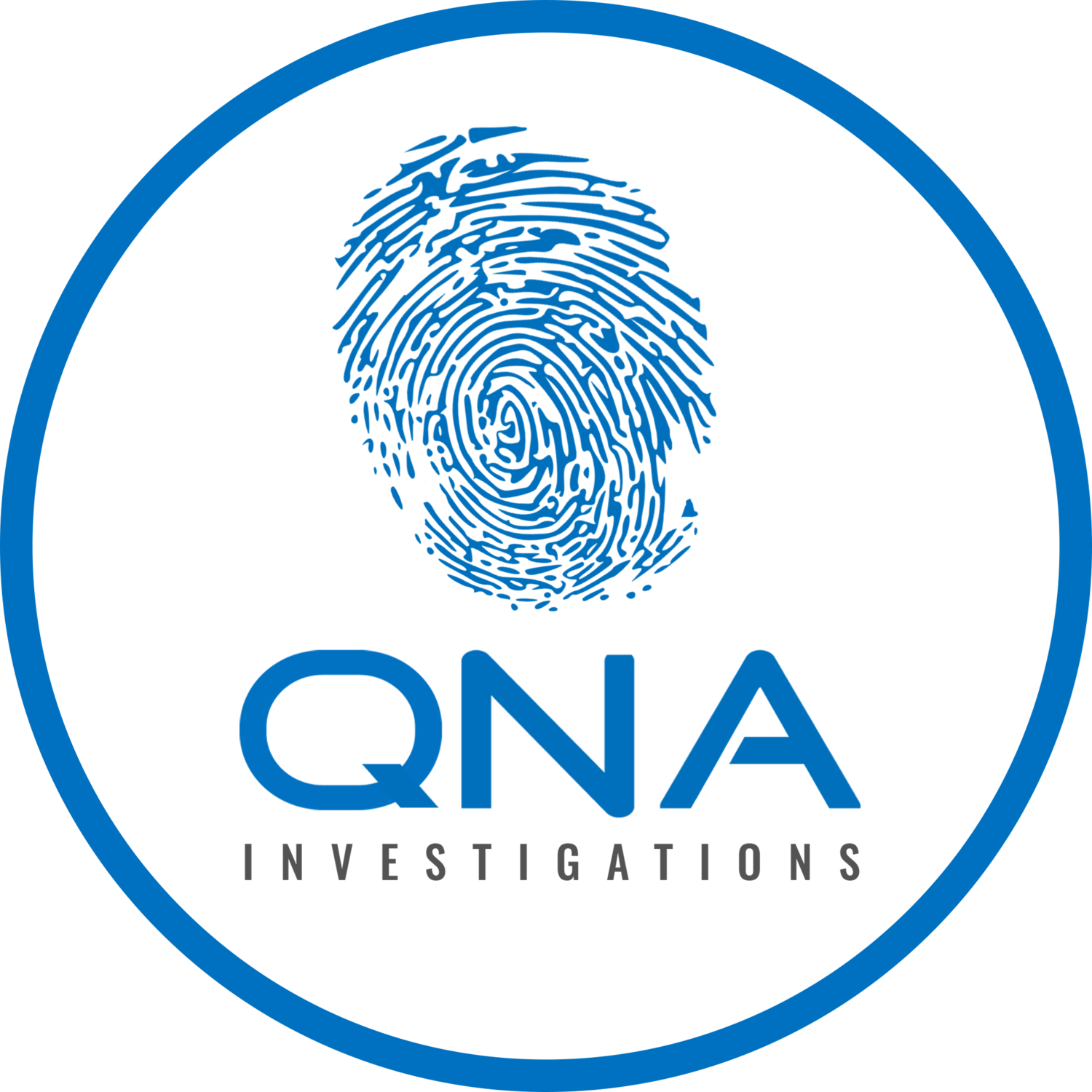WHEN SIMPLE EMAILS COSTS A LAW FIRM $70,000: LESSONS FROM A CYBER FRAUD INVESTIGATION
INTRODUCTION
It wasn’t ransomware. It wasn’t a phishing link. It wasn’t malware. Just two plain-text emails. Within 48 hours, a respected boutique Sydney law firm was $70,000 poorer.
We were engaged on behalf of a leading insurer to unravel what happened. What we uncovered reveals just how easily trust can be weaponised against professionals who pride themselves on diligence and integrity.
INSIDE THE FRAUD
The firm’s principal was travelling overseas. Back at the office, her practice manager received two emails that seemed routine: instructions to transfer funds.
The tone was familiar. The language was confident. The emails even appeared to come from the principal’s account.
But there was a subtle difference. Instead of her usual personalised signature, the messages carried a generic sign-off: “Sent from mobile outlook.. Regards [Name]”.
Believing the instructions were genuine, the practice manager processed the transfers: $32,500 on day one, $37,500 on day two.
By the time the error was discovered, the funds had been routed through a Commonwealth Bank account, stripped out in rapid withdrawals at ATMs in Queensland and Malaysia, and scattered across borders.
When we traced the account holders, the story took an even darker turn. The accounts were in the names of two elderly men - one in his seventies, another in his nineties - both unwell and living in aged care. Their stolen identities had been hijacked by organised fraudsters as camouflage.
HOW THEY GOT IN
Our review revealed the firm’s principal had not enabled two-factor authentication (2FA) on her email account.
Forensic analysis showed the account had been accessed repeatedly by unknown devices in India for several months before the fraud. This gave the offenders ample time to:
monitor her movements;
study her communication style; and
know exactly when she was travelling.
Armed with that intelligence, the fraudsters struck at the perfect moment. To further conceal their tracks, the spoofed messages were routed through a VPN, masking their true origin and complicating any digital tracing.
FOLLOWING THE DIGITAL FOOTPRINTS
Working on behalf of the insurer, we pieced together a troubling chain of deception:
Timing was strategic - the fraudsters struck while the principal was abroad.
Email compromise was central - no 2FA meant her account was exposed for months.
Spoofed emails deceived staff - the practice manager believed she was acting on genuine instructions.
Foreign logins went unnoticed - repeated access from devices in India was ignored.
Technology was tactical - spoofing and VPN masking hid the perpetrators’ location.
Identity theft was layered in - elderly victims were unknowingly tied to fraudulent accounts.
Money moved fast - tens of thousands gone within hours, across two countries.
Insurance failed - despite cover being in place, the insurer ultimately denied the claim, leaving the firm to absorb the loss.
WHY EVERY FIRM SHOULD TAKE NOTE
This case shows how seemingly small oversights can open the door to devastating losses:
Fraudsters exploit absence and authority - they monitor accounts and strike when principals are unavailable.
Weak email security invites compromise - without 2FA, inboxes are open windows into a firm’s operations.
Spoofed emails can fool trusted staff - even experienced managers can be misled when messages appear genuine.
Foreign logins are red flags - regular reviews of account activity can catch intrusions early.
Insurance is not guaranteed - policies don’t always respond and claims can be denied.
QNA’S PERSPECTIVE
As investigators, our role goes beyond reconstructing what happened. We spotlight the blind spots that allowed it to happen.
In this matter, we showed how:
a lack of 2FA,
ignored logins,
spoofed emails, and
delayed incident response
all combined to create the conditions for a $70,000 loss.
Fraudsters are becoming increasingly sophisticated, blending identity theft, cyber compromise, and international laundering tactics. But with vigilance, stronger controls, and expert investigative support, law firms can stay ahead.
NEED CLARITY IN A COMPLEX MATTER
At QNA Investigations, we deliver facts, not assumptions - helping a wide range of clients uncover the truth with precision and integrity. If you’d like to know more, contact us by phone on +61 2 9212 5000 or via email at mail@qnainvestigations.com.au.
